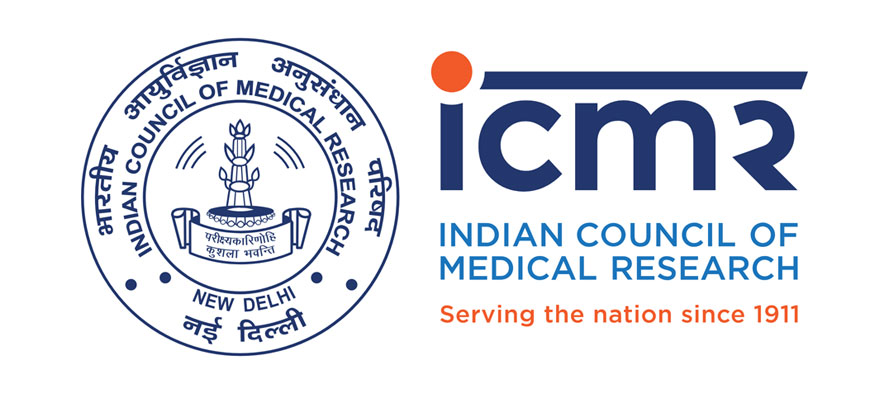The document has new protocols for investigational therapies such as the use of Remdesivir, Tocilizumab and Convalescent plasma therapy. The permission to use azithromycin in combination with hydroxychloroquine (HCQ) to treat patients with severe coronavirus infections has been rolled back
In a new development, the Ministry of Health and Family Welfare (MoH&FW) has issued an updated clinical management protocol for COVID-19 cases based on the clinical severity of mild, moderate or severe.
The new guidelines have incorporated new clinical features according to the ICMR guidelines in detecting the COVID-19 such as loss of smell (anosmia) or loss of taste (ageusia) along with the existing features like fever, cough, fatigue, shortness of breath, expectoration, myalgia, rhinorrhea, sore throat and diarrhoea.
The document elaborates on infection prevention and control practices to be followed by hospitals, management of treatment right from mild to severe cases and more. Infection prevent have been specified according to the three stages of severity. These guidelines also specify investigational therapies for a defined subgroup of patients. However, an informed and shared decision making is essential before prescribing any of these therapies.
“Infection prevention control (IPC) is a critical and integral part of clinical management of patients and should be initiated at the point of entry of the patient to hospital (typically the Emergency Department). Standard precautions should always be routinely applied in all areas of health care facilities. Standard precautions include hand hygiene; use of PPE to avoid direct contact with patients’ blood, body fluids, secretions (including respiratory secretions) and non-intact skin. Standard precautions also include prevention of needle- stick or sharps injury; safe waste management; cleaning and disinfection of equipment and cleaning of the environment, ” the document mentions.
Apart from this, there is guidance for specimen collection, processing, transportation, including related biosafety procedures as well.
Moreover, the new protocols also mention directions for investigational therapies such as the use of Remdesivir, Tocilizumab, Convalescent plasma therapy and more.
The document says, “Remdesivir (under Emergency Use Authorization) may be considered in patients with moderate disease (those on oxygen). Tocilizumab (Off Label) may be considered in patients with moderate disease with progressively increasing oxygen requirements and in mechanically ventilated patients not improving despite the use of steroids. Long term safety data in COVID-19 remains largely unknown… Convalescent plasma (Off Label) may be considered in patients with moderate disease who are not improving (oxygen requirement is progressively increasing) despite the use of steroids.”
Though the revised protocols allow hydroxychloroquine to be prescribed to patients in the early course of the disease, it has also advised against the use of the anti-malarial in patients with the severe disease since the evidence for its use “remains limited”. The ICMR document also states that its use should be only after “shared decision making with the patients” and recommends an ECG before the drug is prescribed to patients.
The permission to use azithromycin in combination with hydroxychloroquine (HCQ) to treat patients with severe coronavirus infections has been rolled back.
For all authentic and updated information on COVID-19 related technical issues, guidelines and advisories please visit at https://www.mohfw.gov.in/pdf/ClinicalManagementProtocolforCOVID19.pdf
As per data from Integrated Health Information Platform (IHIP)/ Integrated Disease Surveillance Programme (IDSP) portal case investigation forms for COVID 19 (n=15,366), the details on the signs and symptoms reported are (as on June 11, 2020), fever (27 per cent), cough (21 per cent), sore throat (10 per cent), breathlessness (8 per cent), Weakness (7 per cent), running nose (3per cent) and others 24 per cent.
- Advertisement -


